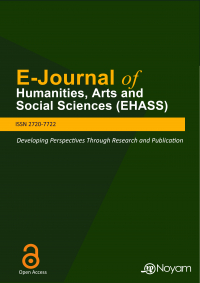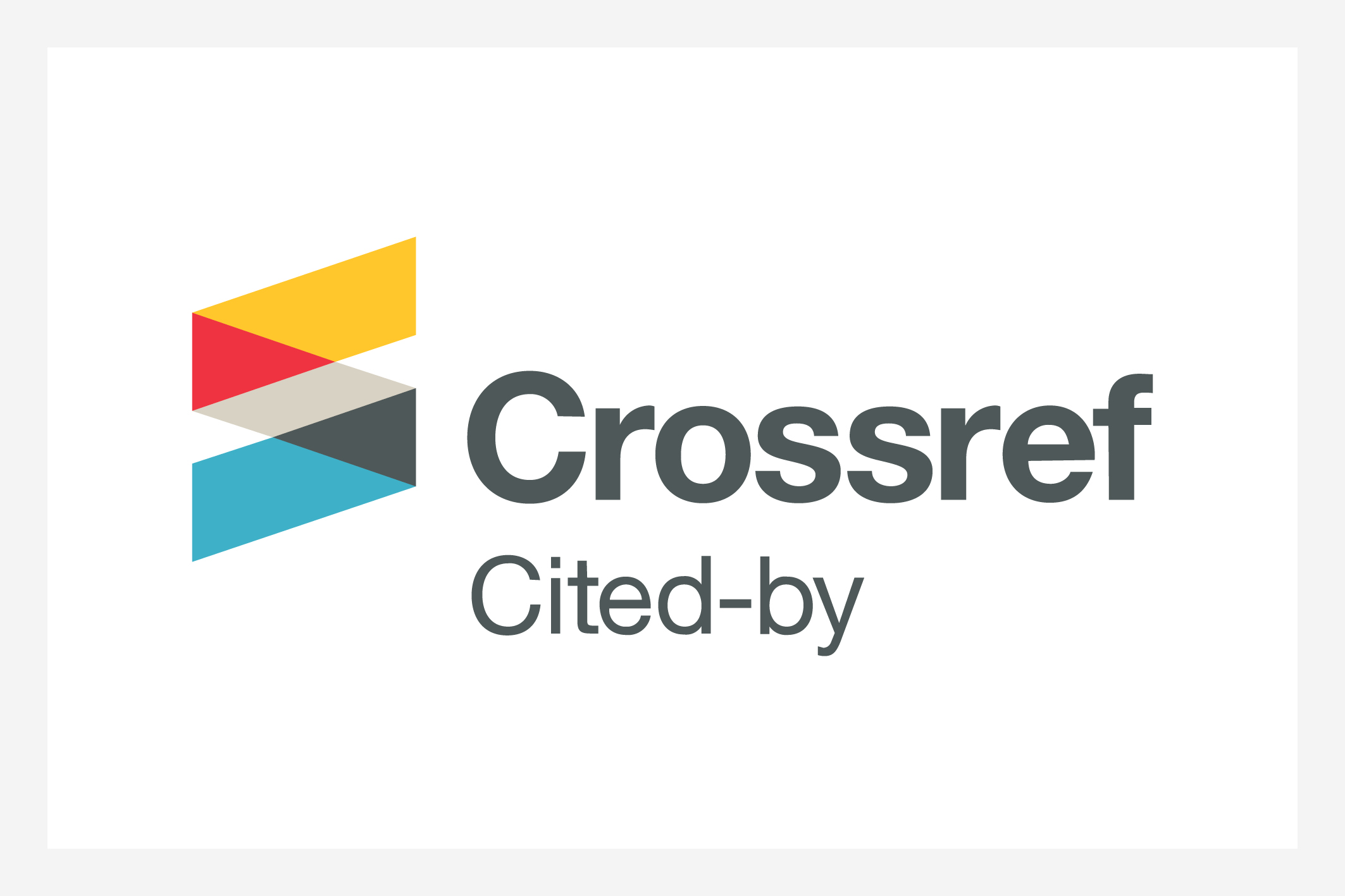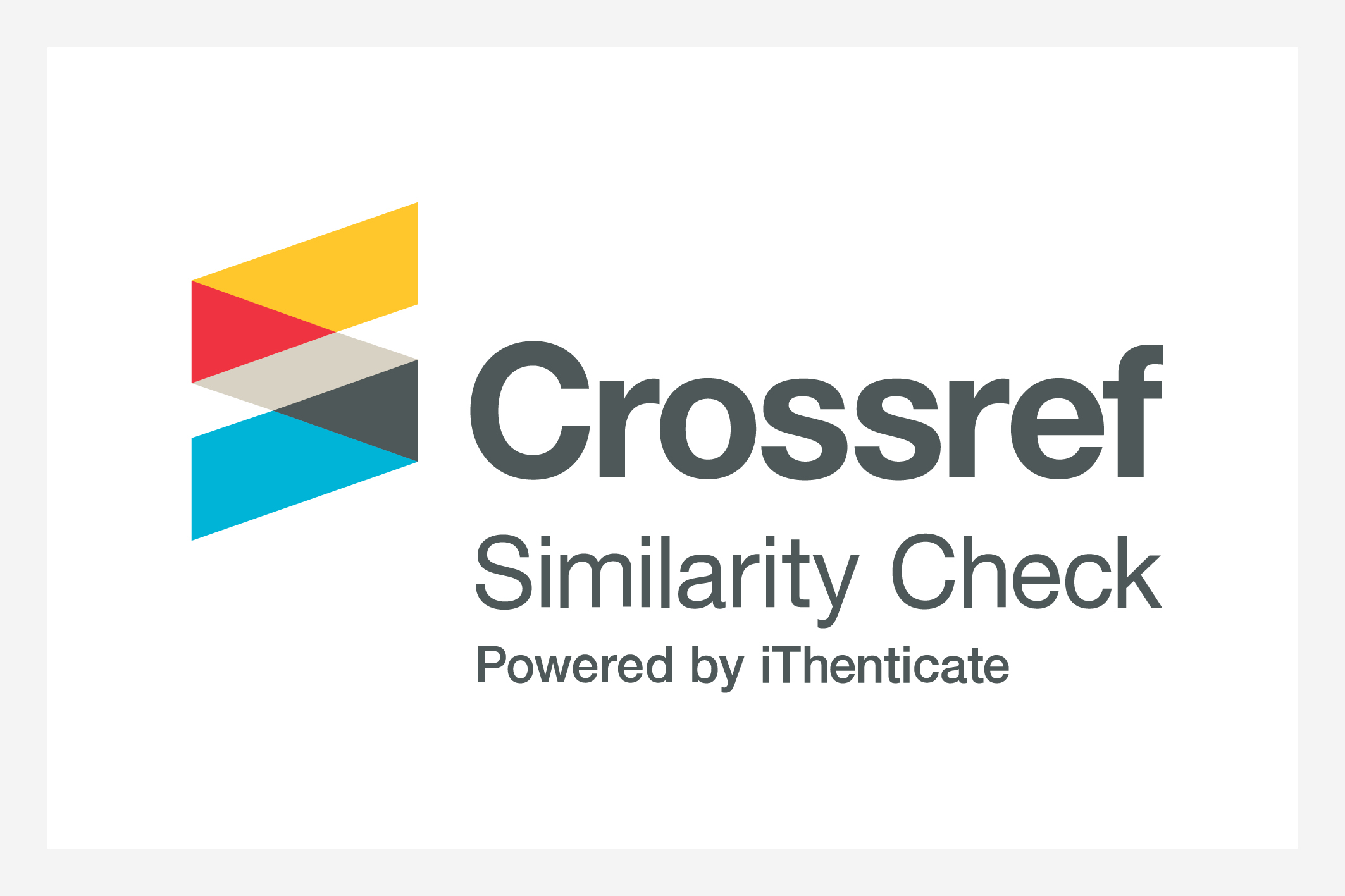
Gender-based Violence against Men through the lens of Molefe’s Ke Nako ya ka
Issue: Vol.6 No.12 Article 3 pp. 2915 – 2928
DOI: https://doi.org/10.38159/ehass.20256123 | Published online 11th November, 2025
© 2025 The Author(s). This is an open access article under the CCBY license (http://creativecommons.org/licenses/by/4.0/).
Gender-based Violence (GBV) is a vexing malady that marginalises the social development sphere of the entire globe. It has become an overriding global concern, with many reports suggesting that women are extremely victimised agents. Consequently, this has engendered robust scholarly attention on issues of violence against women whilst also occasioning a gap in the GBV discourse by virtue of affording little attention to the other gender, men’s issues concerning violence. This noted, whereas the paper states that GBV against women is a global pandemic that menaces human life, it aims to point out the missing link in the GBV engagements and bring to the limelight the seemingly muted cry of men. This study utilised qualitative and textual analysis methods to investigate the extent to which men are also victimised by GBV through the lens of a literary text that mirrors the struggles of men in silence. Molefe’s novel, Ke nako ya ka, is found to be germane to the focal theme of the study and has been utilised to advance the paper’s argument about the forsaking of men in the discussions of GBV. The study’s findings, inter alia, unveil that the institutionalised traditional perceptions of femininity and masculinity subject men to a fallacious immunity against GBV as they are culturally perceived as stronger vessels and women as weaker ones. The study makes a valuable contribution to the ongoing discourse on the pretexts of GBV-related issues in society.
Keywords: Culture, Gender-based Violence (GBV), Menfolk, Tradition, Womenfolk
Anderson, Molly D. “Rights-Based Food Systems and the Goals of Food Systems Reform.” Agriculture and Human Values 25, no. 4 (December 15, 2008): 593–608. https://doi.org/10.1007/s10460-008-9151-z.
Carstens, Marleen, Anton Pretorius, Philip Vercueil, and Collen Walls. Spot on: Life Orientation (Grade 10). Sandton: Heinemann (Pty) Ltd., 2008.
Clarke, Alan. The Handbook of School Governors. Cape Town: Kate McCallum, 2009.
Clitheroe, F, L. Dilley, and B. Engelbrecht. Oxford Successful Life Orientation. Cape Town: Oxford University Press, 2004.
Dangar, Sarah, Vanessa E Munro, and Lotte Young Andrade. “Learning Legacies: Better Understanding the Dynamics of Domestic Abuse Suicidality through Domestic Homicide Reviews.” Journal of Gender-Based Violence, 2024, 1–17.
Davies, J., E. Lyon, and D. Monti-Catania. Safety Planning with Battered Women: Complex Lives/Difficult Choices. Thousand Oaks, CA: Sage Publications, 1998.
Dienye, P P. “Domestic Violence against Men in Primary Healthcare in Nigeria.” University of Port Harcourt, 2008.
Doyle, C. Child Sexual Abuse: A Guide for Health Professionals. London: Chapman and Hall, 1994.
Emmel, Nick. “Sampling and Choosing Cases in Qualitative Research: A Realist Approach,” 2013.
Gardner, Robert C, and Wallace E Lambert. “Attitudes and Motivation in Second-Language Learning.,” 1972.
Gelles, R. J., and C. P. Cornell. Intimate Violence in Families. New Delhi: Sage Publications, 1990.
Hines, Denise A, Jan Brown, and Edward Dunning. “Characteristics of Callers to the Domestic Abuse Helpline for Men.” Journal of Family Violence 22, no. 2 (2007): 63–72.
Hoff, Bert H. “US National Survey: More Men than Women Victims of Intimate Partner Violence.” Journal of Aggression, Conflict and Peace Research 4, no. 3 (2012): 155–63.
Hopper, J. Abused Children and Violence. London: Sage Publications, 1997.
Kemp, A. Abuse in the Family: An Introduction. Belmont: Brooks Publishing Company, 1998.
Kenny, Bridget. “The South African Labour Movement.” Tempo Social 32, no. 1 (April 15, 2020): 119–36. https://doi.org/10.11606/0103-2070.ts.2020.166288.
Kidder, Tracy. Mountains beyond Mountains: The Quest of Dr. Paul Farmer, a Man Who Would Cure the World. Random House Trade Paperbacks, 2009.
Kilgore, N. Source-Book for Working with Battered Women. California: Volcano Press, 1992.
Lester, S. An Introduction to Phenomenological Research. Taunton, UK: Stan Lester Developments, 1999.
Loseke, D. R., R. J. Gelles, and M. M. Cavanaugh. Current Controversies on Family Violence. London: Sage Publications, 2005.
Madikwa, Z. “Frustrated Men Help Themselves.” Sowetan, April 24, 2012.
Makofane, Mankwane D M. “The Dynamics and Prevalence of Wife Abuse in the Northern Province of South Africa: A Social Work Perspective,” 1999.
Mashao, Salome Raisibe. “An Appraisal of the Portrayal of Child and Woman Abuse with Special References to Selected Northern Sotho Novels.” University of the North, Sovenga, 2004.
Mendel, M. P. The Male Survivor: The Impact of Sexual Abuse. California: Sage Publications, Inc., 1995.
Molefe, S., and K. Ntshangase. “ Barriers to Women’s Leadership in South Africa: A Socio-Cultural Perspective.” Journal of Gender Studies 25, no. 2 (2021): 141–57.
Mouradian, V.E. “ Domestic Violence and Abuse,” 2008. https://www.scribd.com/document/184427479/Domestic-Violence-and-Abuse.
Mvulane, Zama. “Do Men Suffer Spousal Abuse?” IOL, 2008. https://iol.co.za/news/south-africa/2008-11-25-do-men-suffer-spousal-abuse/.
Ramohai, Juliet, and Rhoda Patrick. “Creating Spaces for Gender-Based Violence Conversations for Male Students in South African Higher Education.”Journal of Gender-Based Violence, 2024, 1–17.
Republic of South Africa. The White Paper on Local Government. Pretoria: Government Printers, 1998.
Saengboon, Saksit, Panyaatisin Kosin, and Anuchit Toomaneejinda. “The Roles of Grammar in English Language Teaching: Local Viewpoints.” Pasaa 63, no. 1 (2022): 179–204.
Skiba, Russell J, Mariella I Arredondo, and Natasha T Williams. “More than a Metaphor: The Contribution of Exclusionary Discipline to a School-to-Prison Pipeline.” Equity & Excellence in Education 47, no. 4 (2014): 546–64.
Steinmetz, S. K., and J. S. Lucca. “Husband Battering.” In Handbook of Family Violence, edited by V. B. Van Hasselt, R. L. Morrison, A. S. Bellack, and M. Hersen, 233–46. New York: Springer Science-Business Media, 1988.
Swahnberg, Katarina, Johanna Davidsson-Simmons, Jeff Hearn, and Barbro Wijma. “Men’s Experiences of Emotional, Physical, and Sexual Abuse and Abuse in Health Care: A Cross-Sectional Study of a Swedish Random Male Population Sample.” Scandinavian Journal of Public Health 40, no. 2 (2012): 191–202.
Thusi, Xolani, and Victor H Mlambo. “South Africa’s Gender-Based Violence: An Exploration of a Single Sided Account.” EUREKA: Social and Humanities, no. 2 (2023): 73–80.
Tilbrook, Emily, Alfred Allan, and Greg Dear. Intimate Partner Abuse of Men. Men’s Advisory Network Perth, Western Australia, 2010.
Tilley, Elizabeth, Joanne Jordan, Mary Larkin, Jitka Vseteckova, Sara Ryan, and Louise Wallace. “Transitions for Older People with Intellectual Disabilities and Behaviours That Challenge Others: A Rapid Scoping Review.” Journal of Applied Research in Intellectual Disabilities 36, no. 2 (March 26, 2023): 207–29. https://doi.org/10.1111/jar.13054.
Tsui, A, Gwyn Edwards, Fran Lopez-Real, Tammy Kwan, Doris Law, Philip Stimpson, Rosina Tang, and Albert Wong. “Learning in School-University Partnership.” Sociocultural Perspectives. NY: Routledge, 2009.
Tsui, Anne S. “Responsible Research and Responsible Leadership Studies.” Academy of Management Discoveries 7, no. 2 (2021): 166–70.
Waters, J. “Phenomenological Research Guidelines.” Capilano University, 2000. https://www.capilanou.ca/psychology/student-resources/research-guidelines-Research-/Phenomenological Guidelines.
White, Leslie A. “The Science of Culture, a Study of Man and Civilization.,” 1949.
WiseGeek, L. “Battered Man Syndrome,” 2010. https://www.bartleby.com/essay/Battered-Man-Syndrome-In-Men-Don-T-38A7CFF953DDFA05.
Wood, Geoffrey, and Christine Bischoff. “Challenges and Progress in Integrating Knowledge: Cases from Clothing and Textiles in South Africa.” Journal of Knowledge Management 24, no. 1 (July 29, 2019): 32–55. https://doi.org/10.1108/JKM-10-2018-0608.
Zidouemba, Patrice Rélouendé, and Mustapha Sadni Jallab. “The African Continental Free Trade Area and the Trade Facilitation Agreement: Some Regional Macroeconomic Impacts.” International Journal of Trade and Global Markets 14, no. 3 (2021): 325–37.
Zusman, Ami. “Challenges Facing Higher Education in the Twenty-First Century.” In American Higher Education in the Twenty-First Century: Social, Political, and Economic Challenges, edited by Philip G. Altbach, Robert O. Berdahl, and Patricia J. Gumport, 2nd ed., 115–60. Baltimore, MD: Johns Hopkins University Press, 2005.
Sekgaila James Chokoe is an Associate Professor from the University of Limpopo specializing in Northern Sotho languages and literature.
Malesela Edward Montle is an Associate Professor from the University of Limpopo specializing in African Literature in English.
Chokoe, Sekgaila James, and Malesela Edward Montle.“ Constitutional Implications of Coalition Governments on Socio-Economic Rights: Evaluating Service Delivery Performance in South Africa.” E-Journal of Humanities, Arts and Social Sciences 6, no. 12 (2025): 2915 – 2928, https://doi.org/10.38159/ehass.20256123.
© 2025 The Author(s). Published and Maintained by Noyam Journals. This is an open access article under the CCBY license (http://creativecommons.org/licenses/by/4.0/).










